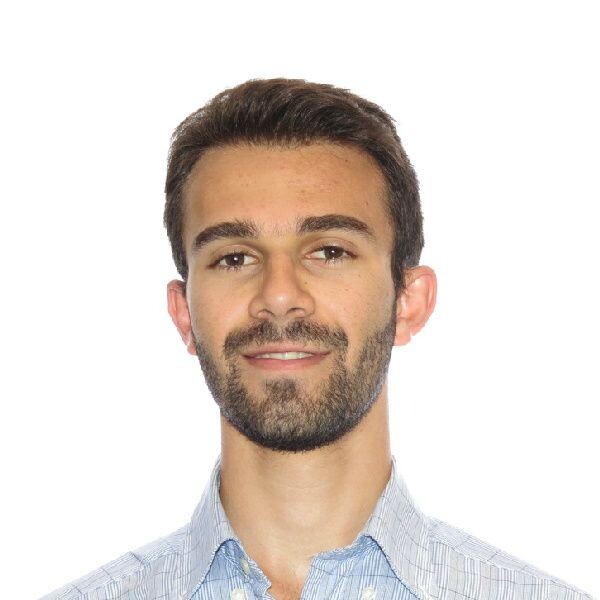Breadcrumbs
- Home
- Current Students
- Undergraduate Students
- Khalid Fahoum, Laboratory Medicine and Pathobiology
Khalid Fahoum, Laboratory Medicine and Pathobiology

My three years as a student at U of T have significantly changed my understanding of leadership. Each of my extracurricular, volunteer, and research experiences have contributed towards this understanding in a unique way, and have allowed me to view leadership from multiple perspectives.
My experience as the captain of the New College soccer team made me appreciate that a leadership position does not necessarily make you a leader. The organisational skills I developed throughout my studies allowed me to quickly become accustomed to the administrative aspects of the position: I organised regular training sessions, held tryouts, decided on formations, and selected the team. However, leadership in the context of soccer required more than this. The real difficulty was bringing the team together after losing a game, and truly motivating the team to push forward. It involved putting my own emotions of disappointment aside to congratulate the team on their efforts and provide a constructive opinion on how the game went, while taking into account others’ opinions. These were leadership qualities I developed through time and experience.
My involvement with student groups highlighted to me the importance of two crucial aspects of leadership: fostering collaboration and taking initiative. I took on the position of Vice-President of the Middle Eastern Students’ Association (MESA) one year after beginning my studies at U of T, when I attempted to join the club as a member and was disappointed to find that it was inactive. My disappointment motivated me to become involved, and as VP I took the initiative to plan events and initiate discussions among the executive team to keep us active and focused. We managed to host six events throughout the academic year, including socials and humanitarian fundraisers, as well as work on two inter-university projects with UTM, York, Waterloo, and McMaster. In the context of MESA, leadership for me meant going beyond my basic responsibilities to try to achieve more, and in doing so motivating others to push forward as well. Fostering collaboration was no less vital to my role in the LMPSU. Although it was my responsibility to organise social events as the VP Social Affairs, I consistently discussed my ideas at our meetings and made sure to incorporate the wide range of opinions of the executive team into my planning. The collaborative discussions that ensued allowed me to plan events to meet our student population’s needs in terms of convenience, preference, and diversity.
Tutoring and mentorship reinforced to me the idea that leadership and it’s associated qualities can become important in unexpected situations. Though crucial to mentorship is being a role model and guiding students to help them achieve their goals, I became aware of the significant impact that advice provided by mentors can have on mentees. Through this awareness I became more heedful in giving advice, ensuring that my students understood my perspective and how it was based on my own reasoning and experiences, and where they may differ in opinion. What defines leadership for me in these situations is utilizing self-awareness in realising your responsibility to others.
Overall, my experiences taught me that leadership can take various meanings and that these meanings vary with context, but what I have found to be central to the idea of leadership is showing commitment, motivation, and a willingness to have an impact through positive change.